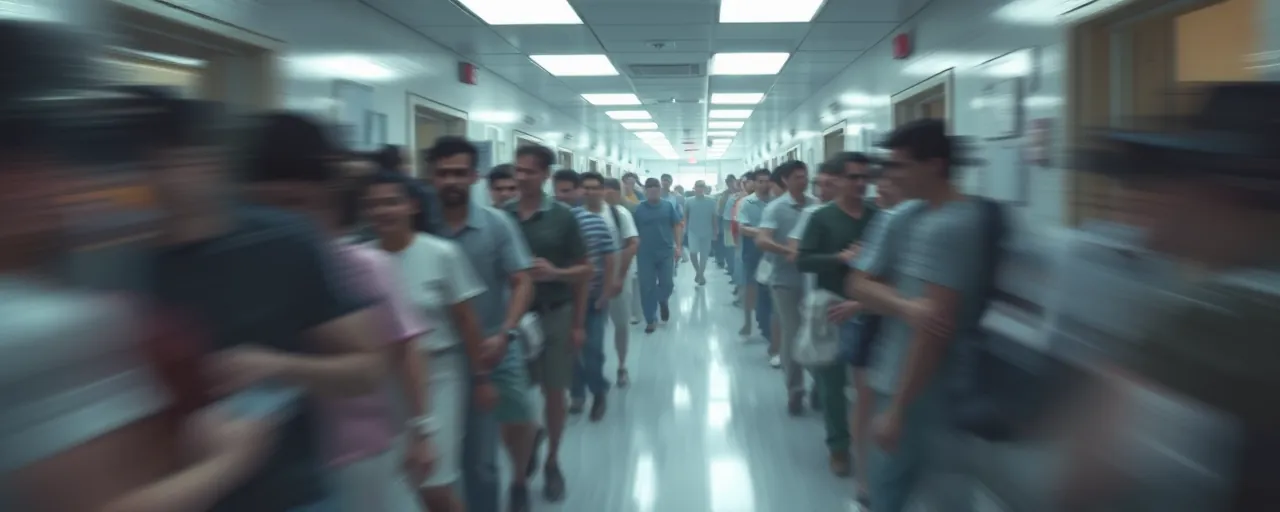A State at the Mercy of Appointments
On April 4, 2025, Governor Greg Abbott tapped Lyle Grimes, Chad Moody, Rao Ali, M.D., and Sandra Longoria, D.M.Sc. to steer the Texas Physician Assistant Board, a body tasked with licensing and regulating the state’s physician assistants. These choices, awaiting Senate confirmation, aren’t just bureaucratic reshuffling. They’re a signal of who holds the reins over Texas healthcare, a system teetering under the weight of shortages and unmet needs. For millions of Texans, especially those in underserved rural corners or urban margins, the stakes couldn’t be higher.
Physician assistants, or PAs, are the unsung heroes stitching together a fraying healthcare fabric. They step in where doctors are scarce, offering everything from routine checkups to life-saving interventions. Yet their ability to serve hinges on the rules set by this board, rules shaped by appointees handpicked by a governor whose track record prioritizes control over compassion. These four individuals, however qualified, now carry the burden of deciding how accessible and equitable care will be in a state where hospitals bleed $8 billion annually caring for the uninsured.
This isn’t about resumes. It’s about power. Who gets to practice medicine, and who gets left behind? With Texas facing a projected physician shortfall of over 57,000 by year’s end, the board’s decisions ripple far beyond Austin’s marble halls. They touch the single mom in El Paso waiting months for a checkup, the farmer in Lubbock praying a PA can spot his symptoms in time. Abbott’s picks signal a future, but the question looms: a future for whom?
The Human Cost of a Broken System
Texas isn’t just short on doctors. Nurses, behavioral health experts, PAs, the whole damn roster’s running thin. In 2023, over 13,000 qualified nursing applicants got turned away from training programs, not for lack of grit, but because there weren’t enough teachers or slots. Senate Bill 25, with its scholarships and grants, tries to patch the wound, but it’s a Band-Aid on a gushing artery. The Healthcare Workforce Task Force, launched by Abbott in 2024, talks a big game about modernizing training, yet the faculty shortage persists, and rural clinics stay empty.
PAs could be the lifeline. Nationally, their numbers are surging, with a 28% job growth rate projected through 2033. They’re cost-effective, skilled, and ready to fill gaps in primary care, emergency rooms, even operating theaters. Studies dating back decades, from the profession’s start in the 1960s, show they deliver care rivaling physicians in quality. Texas law lets them diagnose, prescribe, and treat under a doctor’s oversight, but the Physician Assistant Board sets the leash’s length. If appointees like Grimes or Moody tighten it, patients lose.
Contrast this with states investing boldly in healthcare equity. Places like California expand PA autonomy, trusting their training to ease access for the vulnerable. Texas, though, clings to a top-down grip, where appointees answer to a governor more focused on political wins than patient lives. Critics might argue this ensures safety, that oversight prevents mistakes. But when supervision chokes efficiency, and shortages leave millions without care, who’s really protected? The system’s not failing by accident; it’s failing by design.
Take the board itself. Seven PAs, three doctors, three public members, all governor-appointed. It’s a setup ripe for bias, where clinical expertise bows to executive whim. Rao Ali and Sandra Longoria bring medical chops, sure, but their mandate flows from Abbott, not the people lining up at understaffed clinics. The board’s triannual meetings dictate licensure and discipline, yet the real discipline needed is in state leadership willing to fund training, not just shuffle chairs.
History backs this up. Since the board’s roots as an advisory council in 1993, its mission has been public health. But when appointments prioritize loyalty over vision, that mission blurs. The Texas Occupations Code demands high standards, yet without a workforce to meet them, standards become a luxury the uninsured can’t afford. Abbott’s defenders say he’s building stability. Stability for whom, when patients die waiting?
A Call for Care Over Control
Texas stands at a crossroads. The Physician Assistant Board’s new blood could push for broader PA roles, easing the strain on a buckling system. Lyle Grimes and Chad Moody, alongside Ali and Longoria, have a chance to champion rules that let PAs thrive, not just survive. But that takes guts, a willingness to buck a governor who’d rather tout appointments than fund solutions. Healthcare access isn’t a privilege; it’s a right, one Texas keeps dangling out of reach.
Look at the numbers: $8 billion in uninsured care costs, a physician shortage ballooning past 57,000, a PA profession ready to step up if the state lets it. Then look at the people, the real faces behind those stats. The board’s decisions don’t just shape policy; they shape lives. It’s time for Texas to stop playing gatekeeper and start opening doors, to trust PAs with the autonomy they’ve earned and patients with the care they deserve.
